
Energy Team 2022: Energy Conservation Behavior
Students and faculty have the opportunity to aid UCLA’s goal of 2% annual energy use reduction and 100% clean electricity by 2025. This year’s SAR Energy team will examine data…

Students and faculty have the opportunity to aid UCLA’s goal of 2% annual energy use reduction and 100% clean electricity by 2025. This year’s SAR Energy team will examine data…

Building electrification is the most viable solution to reducing building greenhouse gas emissions, with the added benefit of improving air quality. Yet, electrification of existing buildings is difficult. Often times, a homeowner or landlord experiences unexpected complications when trying to retrofit their building.

As UCLA continues to develop its Sustainability Master Plan and determine what sustainability initiatives and programs would be most beneficial for UCLA students. As sustainability grows on campus, the university…

This year’s food recovery systems team will examine topics like food security, sustainable food systems, and eliminating food waste to determine how UCLA can increase food security while eliminating…

Pritzker Award Affiliate: Chris Hagerbaumer, Executive Director of OpenAQ, an organization founded by Christa Hasenkopf, who was nominated for the award in 2019. Impact Fellow: Viraj Sawant (IoES doctoral student) Project objective:…

Impact Fellows Work with students from our Ph.D. or D. Env in Environmental Science and Engineering program to advance your mission. Fellows typically allocate 100 hours over 10 weeks with the…
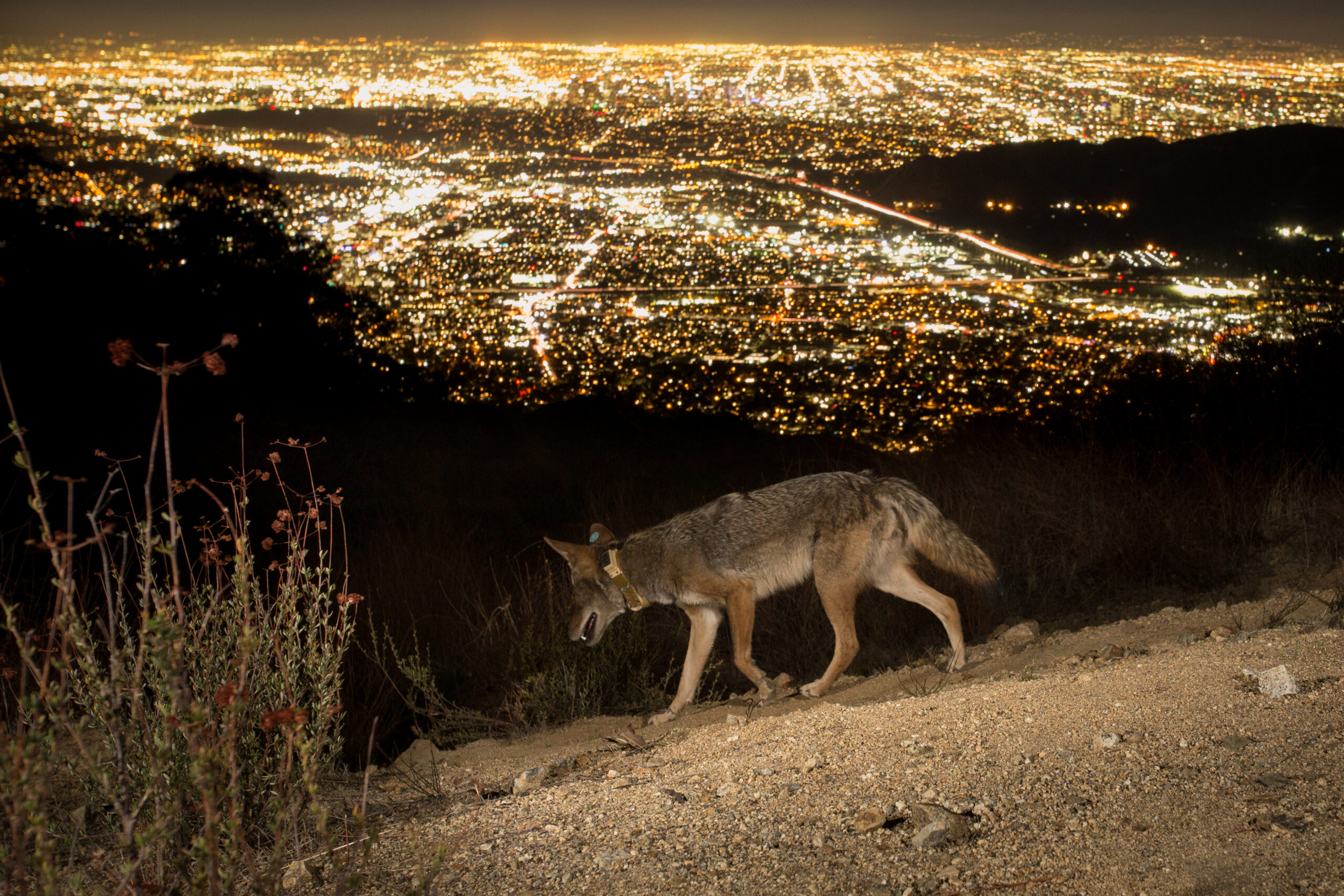
La Kretz postdoctoral researcher Dr. Sarah Helman is investigating the intersecting effects of urbanization, diet and rodenticides on local coyote health, working in collaboration with the National Park Service, the…

In 2021, LENS partnered with the Labyrinth Project, a collaborative urban anthropological inquiry into nature in Los Angeles, to produce a series of episodes based on the Labyrinth team’s fieldwork…
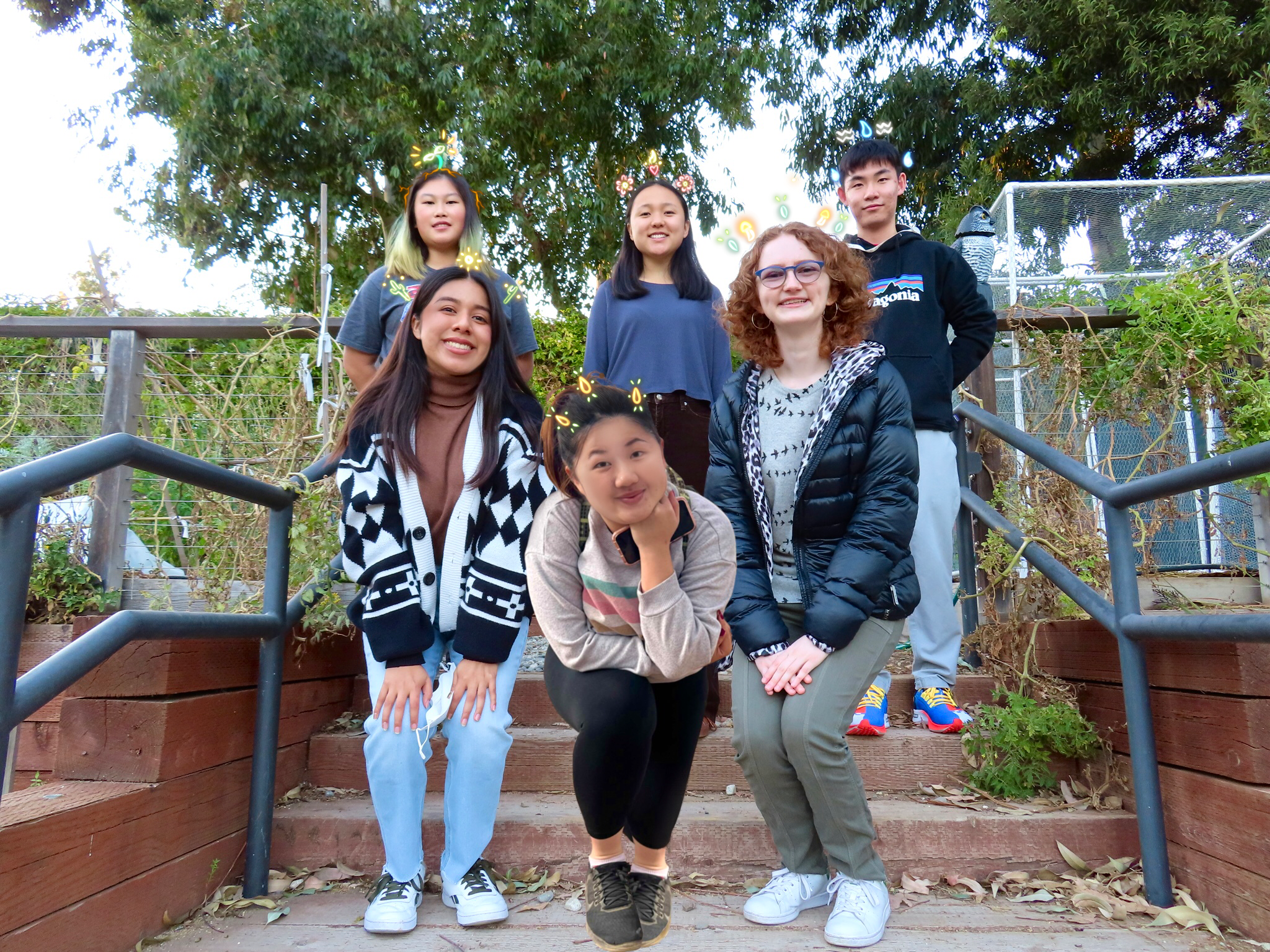
UCLA has continued to transition away from non-native plants to drought tolerant native plants as part of the university’s efforts to reduce potable water use 36% by 2025. As the…
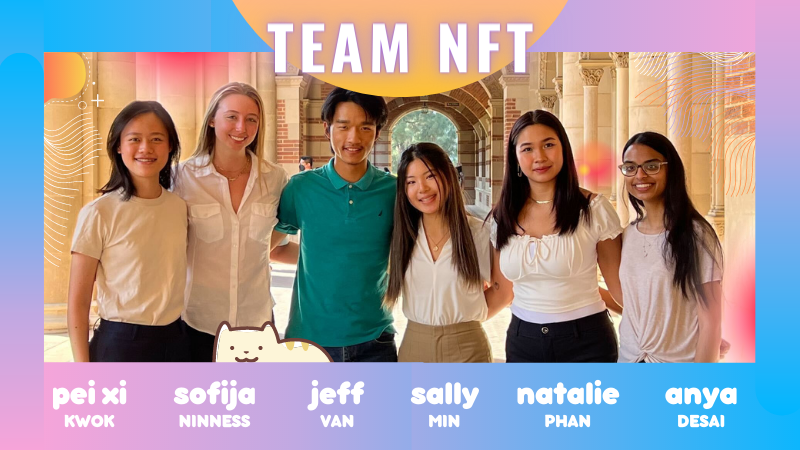
UCLA is currently experiencing a high input of non-fungible token (NFT) proposals. As the demand for NFTs grows, UCLA departments will decide how to proceed with these recent proposals. Given…
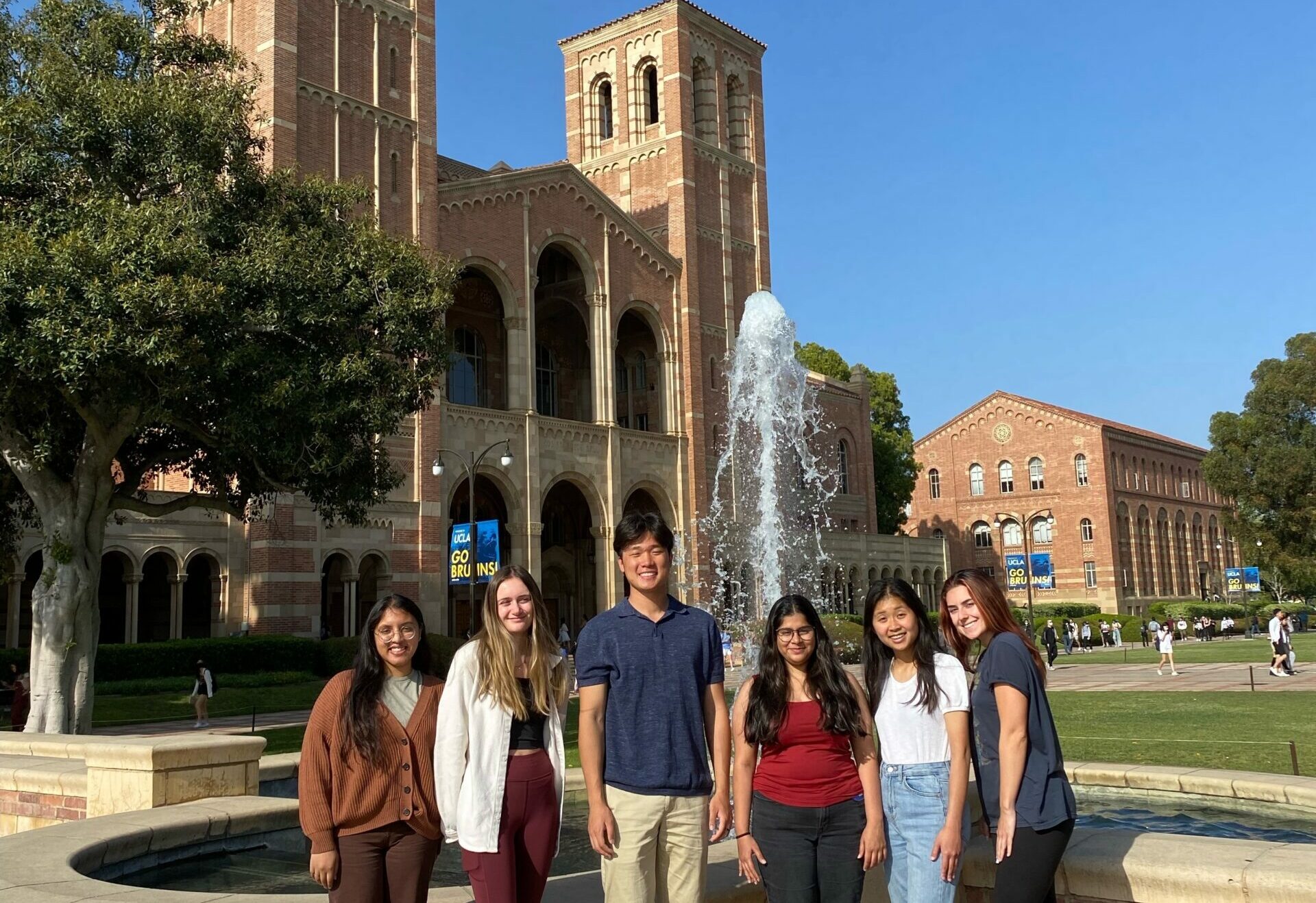
In October 2020, UCLA passed their Single Use Plastic Policy to become a plastic-free university by 2023. In response to the recent restrictions against the acceptance of bioplastics by UCLA’s…
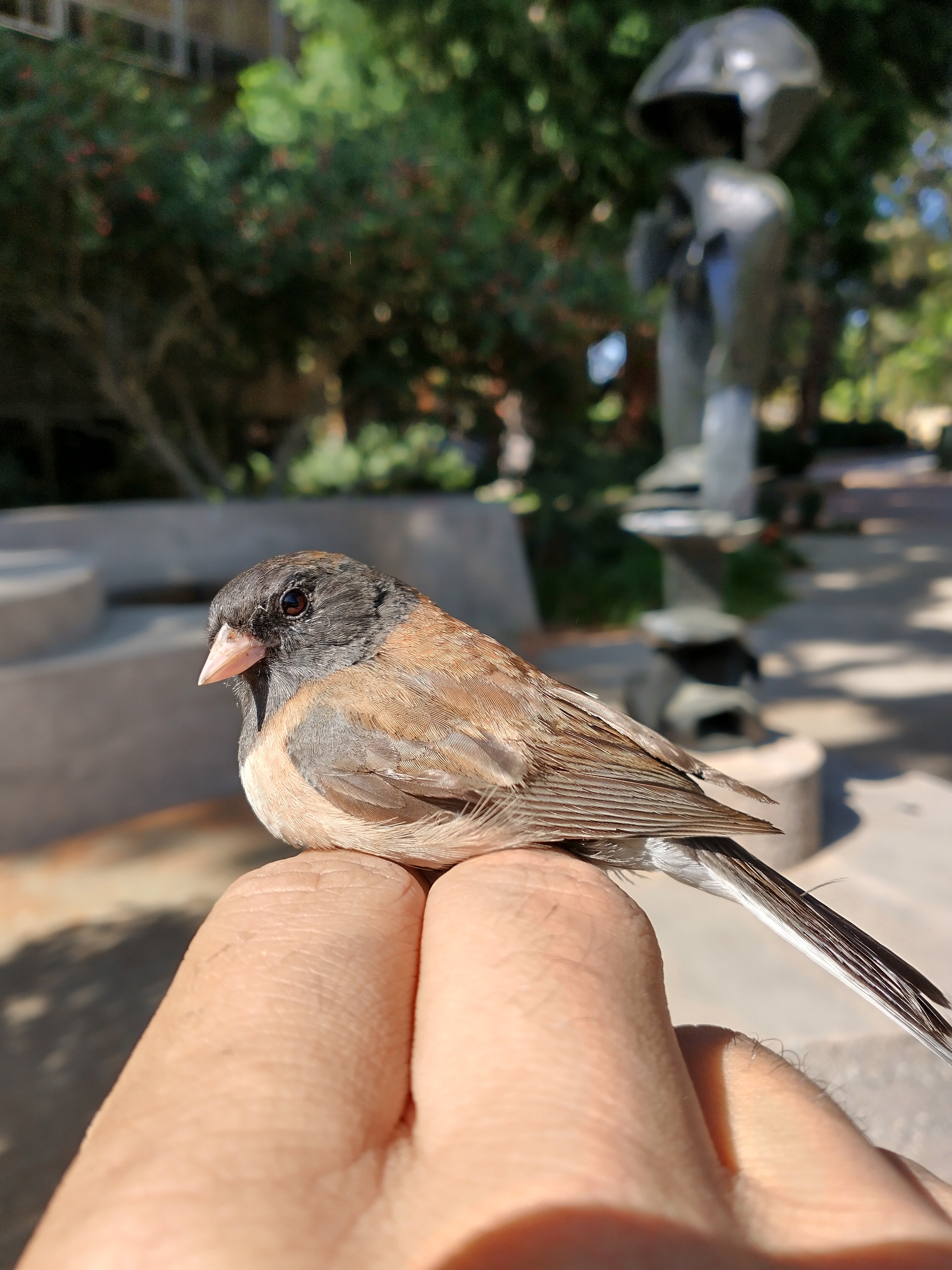
Awardee: Wilmer Amaya-Mejia, second-year Ph.D. student in the Yeh Lab. Wilmer is interested in understanding the disease ecology and eco-immunological responses of birds to address conservation and human health concerns.